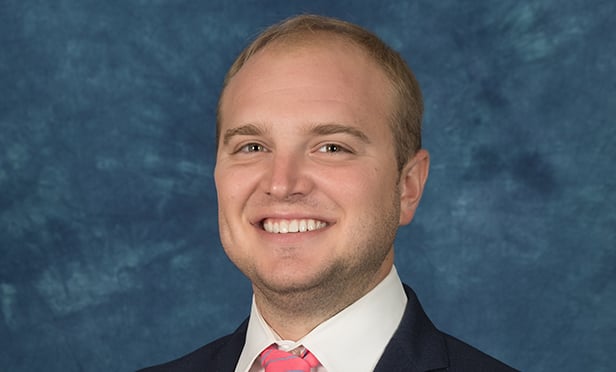Only 18 projects are LEED certified in the state by the US Green Building Council, and of those a mere three are retail, said Lonnie Peterson, chairman of Orlando-based Cuhaci and Peterson Architects. However, there are currently 250 green projects in Florida in the works, and many of those have retail components, he says.
And for good reason. Commercial buildings account for 65% of the country's waste and 70% of its electricity use. "The automobiles and the gas-guzzling SUVs are not the only culprits," said Peterson, whose firm has worked on a number of sustainable projects.
But green project aren't always easy to get off the ground. To get a building LEED certified, developers must earn points for different criteria. Those can include the constructing near public transportation, implementing a storm water management plan and reducing light pollution. Of a possible 48 points, developers must earn 23 to gain certification.
"Some points you get for showing up, and some you have to work really hard to secure," said Jeffrey Brown, chairman of Huntingdon Valley, PA-based Brown Hill Development. His firm is building Promenade at Lyons, a mixed-use lifestyle center in Coconut Creek, FL, with 250,000 sf of retail, 120,000 sf of offices and 450 residential units.
Dale Scott, senior vice president of Sidon Construction Corp., the Boca Raton, FL-based firm that is building Lyons, stresses the importance of building a dedicated team when taking on a green project. "The difference between failure and success has a lot to do with your commitment to it," he said. "Make sure you're getting people who have actually bought into it."
Getting tax breaks and other benefits from a municipality helps, too. Scott estimates that the average green project costs 3% to 7% more to build than a typical commercial venture, though those numbers can skyrocket much higher depending on the development.
One of the biggest challenges that the builder of a sustainable project faces is implementing programs that are easy for tenants to use, since the developer can't control every aspect of what is done in the space afterwards, Brown says. But most tenants should cooperate, he said. "We strongly believe the consumer will drive this," Brown said.
© Touchpoint Markets, All Rights Reserved. Request academic re-use from www.copyright.com. All other uses, submit a request to [email protected]. For more inforrmation visit Asset & Logo Licensing.






